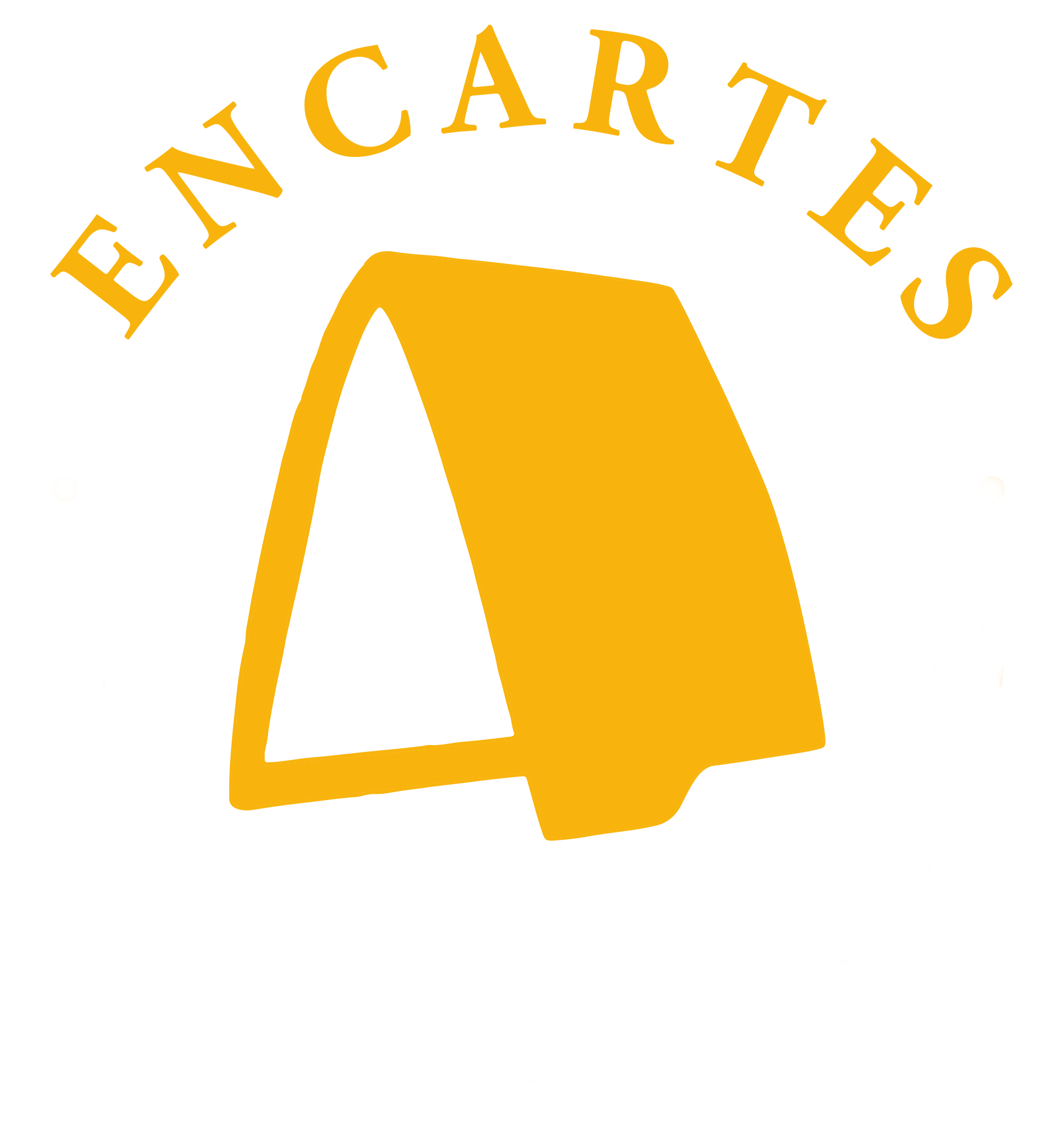Fifth Anniversary in the Society of Images, Socio-digital Networks, Super Artificial Intelligence and Techno-powers
Wncartes is five years old. When we envisioned ourselves as a multimedia editorial alternative, we thought of taking advantage of new digital opportunities, new outreach, new dissemination channels. We thought of an aesthetically attractive magazine. We saw ourselves as a generational bridge between reader-writers and audiovisual producers. We were certain that opening up to media registers would liberate the production of knowledge by including that which does not fit on a sheet of paper. It would provide us with elements to transmit the mobility and dynamism of reality that cannot be frozen and boxed in a vertical sheet of paper.
What we did not foresee was that the alternative was not only to adopt technical or formal tools, but that they would lead us to undertake new reflections and epistemological debates. I would like to enumerate some lessons learned: this concern made us aware of the relevance of breaking with the centrality of writing in scientific publications in order to position other codes -visual and oral-, and thus facilitate the broader expression of different voices and ontologies that are limited by writing and reading. It has also given us the ability to integrate participatory and, therefore, more horizontal productions, such as the open calls for photo essays with the same theme approached from different places and with different lenses. It has also allowed us to offer formats for discussion and dialogue, such as the Colloquia and Discrepancies sections.
But, above all, we have been able to recognize that including images, voices and sounds does not detract from academic rigor, nor does it weaken the critical voice; on the contrary, it amplifies it and gives it tones that lead science towards sensory-thinking uses and appropriations. In this journey of eleven issues we have made this project, which was perceived as unthinkable, become a reality: the consolidation of an alternative way of communicating science in a different way.
What we did not imagine was the scope that technological development, especially artificial intelligence, would have in this period. Thanks to algorithms, some of our articles have conquered thousands of readers in different parts of the world. The virtuality of the magazine allowed us to be prepared during the covid-19 pandemic, which, on the one hand, confined bodies and, on the other, found in the socio-digital networks the lifeline for communication. Artificial intelligence has opened the way to transnationalization by using the translator DeepL so that our content can also be read in English, French and Portuguese.
And it is no coincidence that this issue 11 is devoted to a colloquium centered on a text by Rossana Reguillo entitled "Essays on the abyss: politics of the gaze, violence, technopolitics", with a dialogue between Dorismilda Flores Marquez, Nestor Garcia Canclini, Mary Louise Pratt, Salvador Salazar Gutierrez and Amparo Marroquin Parducci. Those of us who know Reguillo know that he likes to put his finger on the sore spot in order to visualize the communicative productions of emerging realities and be able to address them from their political determinations. But, in addition, he always goes ahead.
The cover of our magazine makes us feel like we are free-falling without a parachute into a hole that invites us to the abyss, the place where the city has been built. The surprising thing is that it was made by an application that produces intelligent images, at the request of Signa_Lab.
Weeks before the publication of this issue, the advances achieved by artificial intelligence became a topic of discussion, even shaking university institutions with the appearance of a program capable of writing about a subject with an essay structure in which, in addition to definitions, solid arguments are offered. This program opens a new stage for the production of academic knowledge and requires us to think about the dilemmas it poses for the future: to what extent will artificial intelligence supplant reason and imagination? Or, will we be able to broaden our competences and develop greater techno-social intelligence, will it allow us to broaden resistance or will it contribute to concentrate technopower in the already announced Big Brother?
I invite you to enjoy and browse through this issue of the Inserts that we have prepared for you in 2023.
Renée de la Torre
Editorial Director of Encartes






